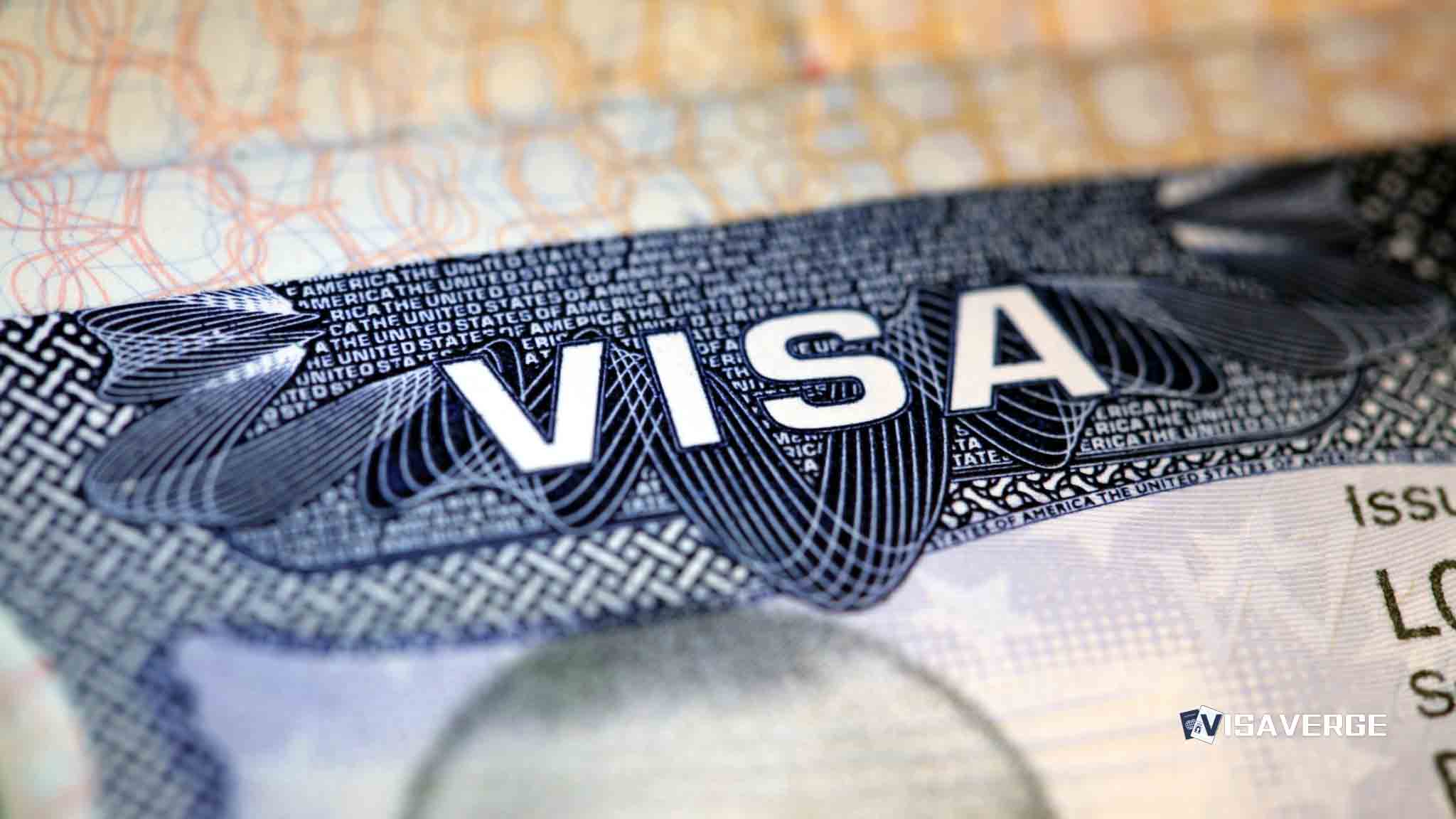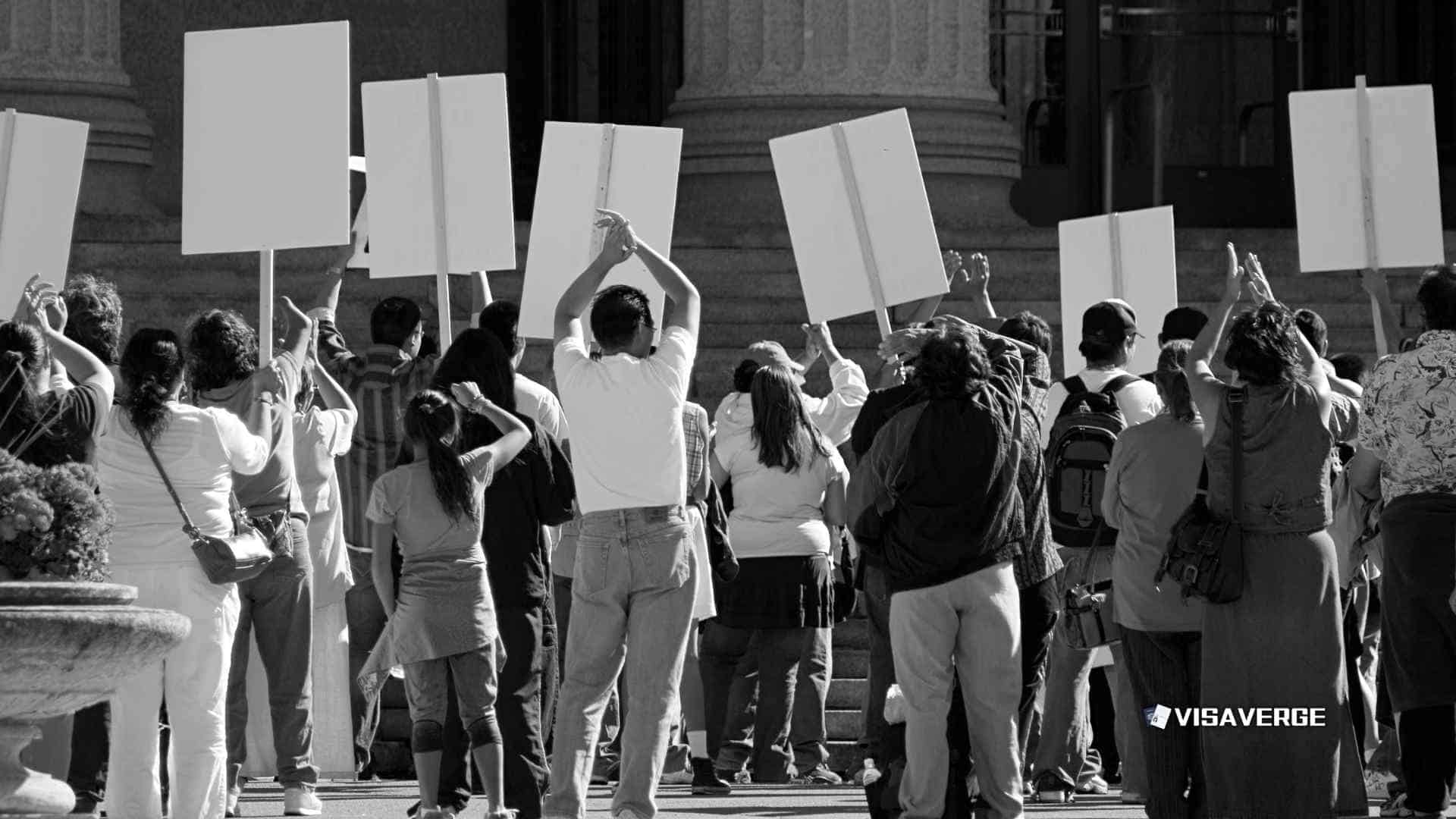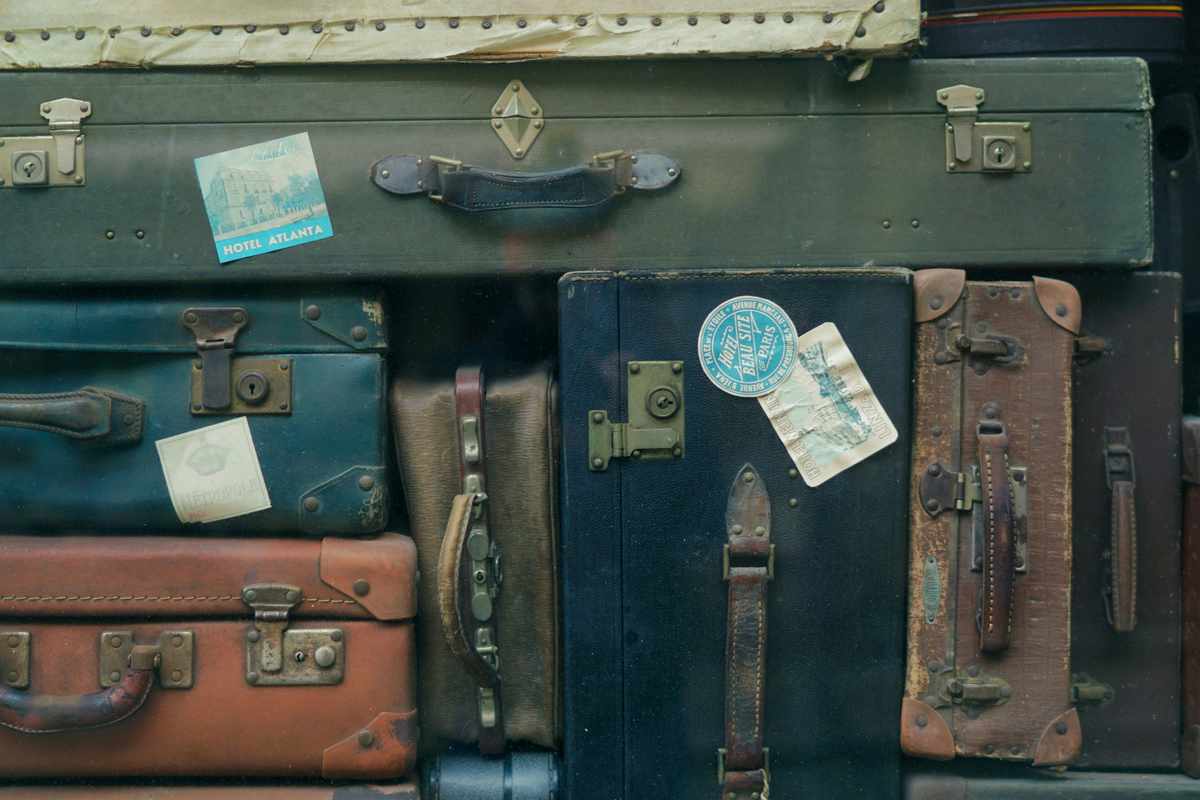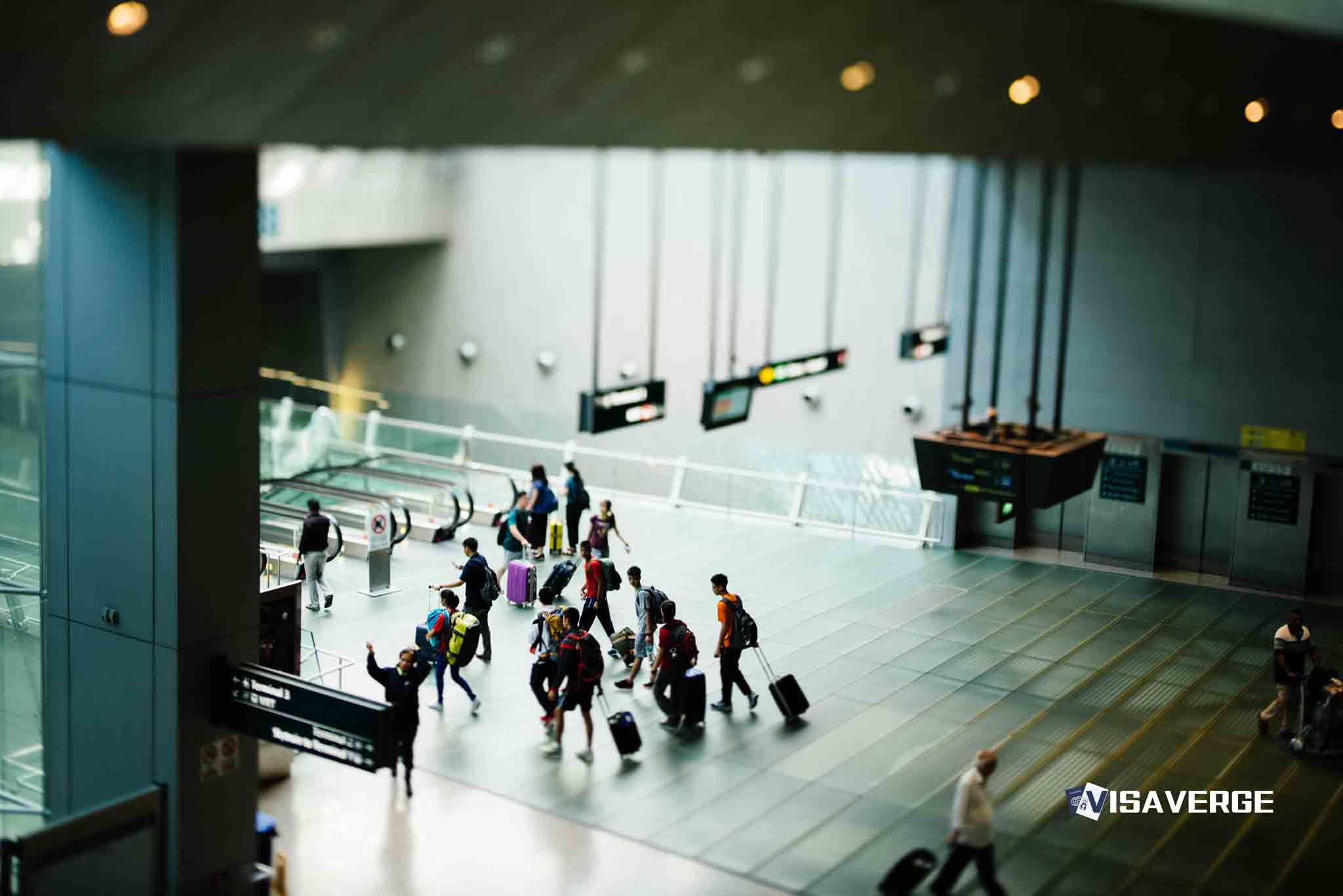(Los Angeles County) A Los Angeles County judge publicly rebuked U.S. Immigration and Customs Enforcement after agents detained a man outside a courthouse, intensifying a clash between local officials and President Trump’s administration over arrests in and around courts. The criticism comes amid a summer of raids, lawsuits, and protests that have reshaped life for immigrant families and the justice system across Los Angeles County.
On June 25, ICE officers in plain clothes seized two women outside a West L.A. courthouse minutes after a hearing, according to legal observers. Two weeks later, on July 8, Los Angeles County and eight cities moved to join a federal class-action suit against ICE and the Department of Homeland Security, seeking to stop warrantless arrests at or near courthouses and recover local costs tied to the raids.

Those costs have already reached an estimated $9 million, county officials say, covering overtime, lost revenue, and disrupted services. The arrests stirred fear far beyond the courthouse steps. During the first week of June raids, roughly 722 people were arrested in California, and 69% had no criminal record, according to filings by local public defenders and civil rights groups.
Federal court order targets courthouse arrests
On July 11, 2025, U.S. District Judge Maame Ewusi-Mensah Frimpong issued a temporary restraining order that halted immigration arrests without probable cause and required access to legal counsel for people detained by ICE. The order, aimed at racial profiling and courthouse operations, was a sharp rebuke to enforcement tactics rolled out since early June. The Department of Justice plans to appeal, but for now the order stands.
Local governments are trying to turn that temporary relief into a lasting rule. On July 8, 2025, Los Angeles County—joined by Los Angeles, Culver City, Montebello, Monterey Park, Pasadena, Pico Rivera, Santa Monica, and West Hollywood—asked to intervene in a federal class action that targets warrantless arrests and seeks damages for economic and social harm.
- County Counsel Dawyn Harrison and Los Angeles City Attorney Hydee Feldstein Soto argue the raids violate the Fourth and Tenth Amendments and chill access to courts, clinics, and social services.
- Federal officials named in the lawsuits include DHS Secretary Kristi Noem, U.S. Attorney General Pam Bondi, and FBI Director Kash Patel.
Behind the legal fight sits a broader federal push. In May, prosecutors launched Operation Guardian, which uses criminal warrants to pick up people in local jails who have past deportations, aiming for 40 to 50 arrests a week. In Los Angeles County, advocates say that tactic, combined with courthouse operations, blurs lines between criminal and civil enforcement and erodes California’s sanctuary framework.
The Trump administration contends courthouse arrests protect public safety and that federal law overrides local limits. But Judge Frimpong’s order and mounting local suits have forced ICE to explain why agents waited inside courtrooms and detained people in hallways and outside courthouses without notice or clear identification.
Key legal status: The DOJ intends to appeal Judge Frimpong’s order; meanwhile, local governments seek a permanent injunction and damages in the class action.
Effects in courtrooms and neighborhoods
In courthouses, defense lawyers and victim advocates report people skipping hearings because they fear ICE. Judges and the California Supreme Court have warned that arrests at court doors discourage witnesses and victims and clog an already strained system.
The problem extends to public health and social services. Clinics and social workers say families are staying home and avoiding child welfare visits to reduce any risk of contact.
- About one-third of Los Angeles County’s 10 million residents were born abroad.
- People targeted in June and July come from Mexico, Guatemala, India, Iran, China, Laos, and other countries.
- Many relatives struggled to locate loved ones after an arrest; some reported poor detention conditions, including detainees drinking from toilets.
Protests have grown alongside the legal confrontation. On August 11–12, 2025, crowds gathered outside the Metropolitan Detention Center downtown to demand the release of a nurse and community organizer held by ICE. Police later declared an unlawful assembly as tense exchanges broke out, capping two months that also saw National Guard deployments during citywide demonstrations against the raids.
- The ACLU and partner groups are coordinating legal filings and protests citywide.
- For families searching for someone taken at or near a courthouse, access to information remains a major barrier.
Detainees are first processed at the ICE office downtown, then moved to detention centers. Attorneys say they often cannot reach clients quickly. ICE directs the public to its detention facility listings; contact rules and hours are posted at: https://www.ice.gov/detention-facilities.
According to analysis by VisaVerge.com, the clash shows how immigration enforcement choices can harm trust in the justice system. If people believe a trip to court could lead to arrest by ICE, they may avoid testifying or miss hearings on protective orders. That harms both defendants who want to resolve cases and victims who need the court’s help.
Arguments from both sides
ICE and the Department of Justice maintain they are within their rights. Their key points:
- Federal agents must be able to arrest people wanted on immigration grounds, even at a courthouse.
- Courthouse arrests are necessary when local jails will not honor requests to hold individuals for federal pickup.
- Federal law, they argue, supersedes local sanctuary policies.
Opponents counter with constitutional and practical concerns:
- The current pattern, they say, goes far beyond targeted arrests and strays into unconstitutional stops.
- They point to agents in unmarked vehicles, lack of uniforms, and detentions without probable cause.
- In filings supporting the class action, lawyers describe people pulled aside at elevators, questioned in hallways, and taken within minutes of leaving a hearing—with families left guessing where to call.
What’s next
More court activity is ahead:
- The Department of Justice is expected to appeal Judge Frimpong’s temporary restraining order.
- Hearings in the class action—titled Vasquez Perdomo v. Noem—will determine whether restrictions on warrantless arrests become permanent.
- Possible outcomes:
- If the federal government prevails, programs like Operation Guardian could expand to other states.
- If the local coalition wins, ICE will face tighter rules near courthouses and stronger requirements for access to lawyers.
Important deadlines and warnings: The DOJ appeal and class-action hearings will shape whether current protections remain temporary or become permanent; staying informed and seeking legal counsel remain critical for affected families.
This Article in a Nutshell
A federal judge’s July 11, 2025 TRO halted warrantless courthouse arrests, sparking appeals and a class-action. Los Angeles County and eight cities seek permanent protections and damages after summer raids that cost the county about $9 million and prompted widespread fear among immigrant communities and court users.













